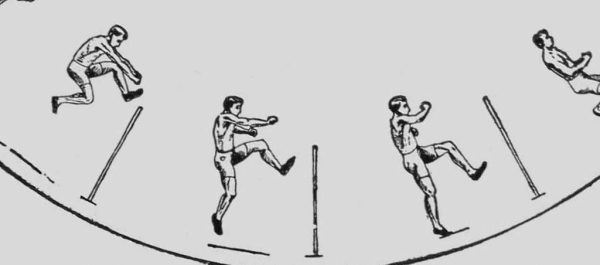Opinion: The Liberal Arts Deserve More Respect
As we become a more STEM-centric society, the liberal arts face constant skepticism in the eyes of the school system as well as public opinion. It’s important to keep in mind, however, that subjects within the liberal arts, such as English or history, are essential to the functioning of our society.
December 5, 2022
In recent days it has become more and more common to see the liberal arts reduced from a legitimate course of study to nothing more than a hobby for overly woke liberals who won’t let people live their lives. Subjects such as English, history, gender studies, and anthropology are constantly disrespected and disregarded as unimportant subjects with no practical application in the real world. This conversation exists not only in the news and everyday perceptions, but also on social media platforms. On TikTok, for example, among the influx of “working in tech” videos, featuring users showing their daily lives working at tech companies, there is also a large community of users consistently putting down the liberal arts and encouraging people to pursue STEM subjects—including science, technology, engineering, and math—instead.
While in the modern day it’s undeniable that STEM subjects are moving to the forefront in terms of jobs under the most demand, this does not reduce the importance of the liberal arts. If anything, it makes them more important than ever.
While speaking about the importance of the liberal arts Mrs. Lauren Genesky, Millbrook English teacher, said “The liberal arts matter because they connect to other content areas that might not be categorized as liberal arts like mathematics or the sciences.” The liberal arts connection to other subjects can even help strengthen students in STEM courses as well. Having a good foundation in English can help students when approaching courses in science as they will be better able to understand directions given to them, lessons in their textbooks, and in writing lab reports. Junior Mia Shoun said that English helped her in her other subjects, saying: “I think that English is really helpful for me when I’m writing lab reports in IB bio.”
Another thing to keep in mind is how the devaluing of the liberal arts seems to coincide with the subjects women are more likely to major in. Women, by and large, dominate higher education within the liberal arts with liberal arts colleges having women make up more than 60 percent of enrollment. It’s been noted many times by people arguing for the importance of liberal arts that it’s most often men talking down on liberal arts subjects such as English or history while regaling subjects such as computer science and business.
It’s key to remember in discussions such as these that regardless of what route a student decides to take, both areas of study are important and depend on one another. Without STEM there would be no doctors, scientists, or engineers; and without the liberal arts there would still be no doctors, scientists, or engineers since no one would know how to read or write.
Our society would not be able to function without students studying both STEM and the liberal arts, and debates about which is more important are both unfair and unnecessary. Mrs. Genesky went on to say in our conversation about the liberal arts that “[The liberal arts] presents a different lens or perspective on humanity.” The liberal arts teach us about empathy and understanding, rationalizing why people do what they do, rather than simply taking it at face value by looking at what they did.
In subjects such as science as well as statistics ethics is a key question surrounding any experiments or studies they do; ethics which are an important part of the liberal arts. This just goes to show that the liberal arts are both independently and codependently important, and to devalue either would be missing the bigger picture.












